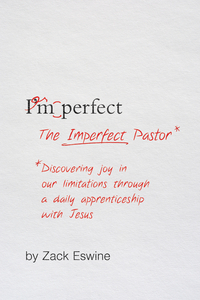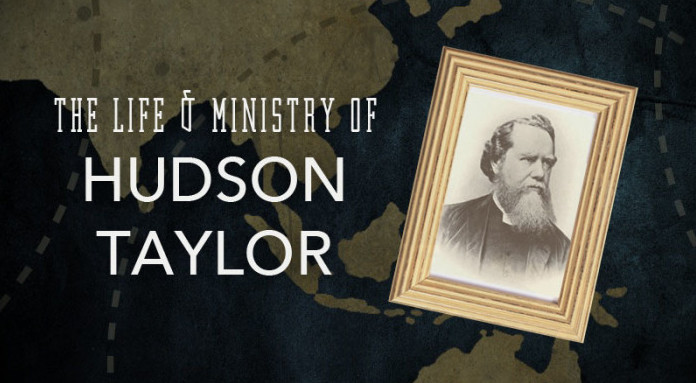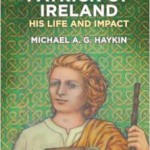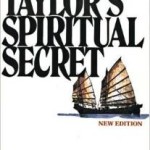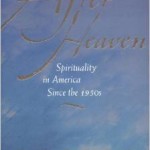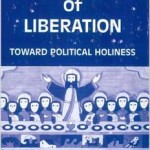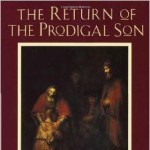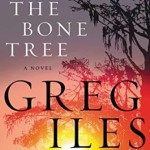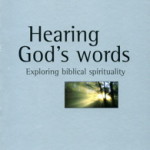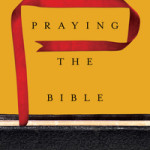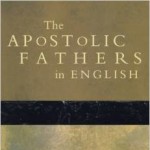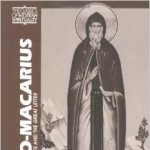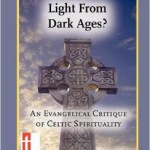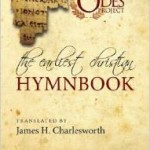For Pat
We gather here today to remember our beloved brother in Christ, Pat Murray. We come to celebrate a man who fought the good fight and finished his race, all the while keeping the faith. So there is joy. But there is also loss. A tender husband is no longer here; a faithful father has gone to his true home; a cherished son, brother, and friend is now in the midst of heaven’s host. We come then with hearts of gladness and grief. My hope in these few minutes is to raise our minds to consider the Lord Jesus, who is the reason of gladness and the refuge for grief. To help us see this we turn to Philippians 1.
Here the apostle makes one of the most remarkable statements you can ever hear a Christian make. He says in 1:21, “For to me to live is Christ, and to die is gain.” I want to briefly meditate on how Pat Murray embodied this passion in life and assurance in death.
To Live Is Christ
I first met Pat not long after he was diagnosed with cancer in the fall of 2012. It wasn’t long after that the Murrays began to visit our new church plant in January 2013. For the last two and a half years Pat and Ronda have been cherished attenders, and then members, of Imago Dei Church.
What struck me about Pat was that he was a man of joy; for Him, to live was Christ. I saw Pat delight in shepherding young CPAs to be faithful in their labor during the pains of tax season. I heard Pat eagerly encourage young husbands and fathers to remain rooted in God’s word as they shepherded their family. I observed Pat speak with glowing adoration of his wife and daughters. I watched Pat don the colors of his alma mater and cheer for the Bears to sic’ ‘em. I saw a gleam in his eye when he talked about the great game of golf. I heard of a hunger in his soul for God’s word and the fellowship of his people. I sang next to him and heard a heart raised in praise to God. I’m sure every one of you who knew him well have untold stories of Pat that upon reflection can’t help but stir your soul and bring a smile to your face.
Now, I know Pat, he wouldn’t like all this talk about himself. But I would tell my dear brother not to fret, for to honor him in this way is to honor the God he loved. Why could he find happiness in every stage and station? Why didn’t the curse of cancer rock the boat of his life and crash him onto the rocks of despair and doubt? Here’s my answer: he was a man alive to joy, because he was a man made alive in Christ. This kind of life and joy are not possible through any other means or any other person.
The Bible says we are all born dead in sin, we are by nature children of wrath, and thus deserve nothing less than eternal judgment from God. No amount of self-striving or self-righteousness can make our dead hearts begin to truly beat. God knows this and so He sent His Son to do what we should have done, but did not do: He lived a life of perfect obedience, obeying where we failed; He died on the cross in the place of sinners, satisfying God’s wrath against any who would believe on Him; three days later He rose from the dead conquering sin, Satan, and death and now the King Who Lives now calls out to dead sinners, “Come alive! Turn from your sin and trust in me and so live with me forever.”
To live is Christ, and oh how Pat was really alive. Where do you find life? In what or whom do you find ultimate, life-giving joy? Life is found only in the Lord Jesus.
God opened Pat’s eyes to this life at an early age and set his course to model the truth that to live is Christ. Little did Pat, or any of us, know just where that course would eventually lead.
To Die is Gain
When Pat’s life turned down the dark alley marked “Life-Threatening Cancer” what we saw was not a threat to Pat’s faith, but a reason for Pat to give thanks. He once wrote to his prayer partners, “[I] thank God for all of His incredible blessings, including the cancer which has completely changed my life forever!” See here a peculiar kindness of God, to open Pat’s eyes to his majesty and splendor amidst terrible pain. He once told me, “As the physical part gets harder, God’s mercy becomes even greater.”
As the weeks after the initial diagnosis turned into months and the months turned into a couple years, Pat began to reflect the second half of Paul’s stunning statement, “To die is gain.” He knew death would soon come knocking on the door, but one thing I never heard from Pat was fear. There was no doubt where he was going. He was assured of God’s love, He was assured of God’s beauty in Christ, and knew nothing in this life can compare to the glory of seeing His savior face to face.
And so let us grieve because our dear brother is gone, but let us grieve with gladness for of this I’m assured: Pat stands in the presence of the King and his soul rests in perfect holiness and happiness.
Crossing Into the Promised Land
Several months ago I introduced an old hymn at our church named “On Jordan’s Stormy Banks.” I did so because I trusted it would encourage Pat Murray in his final days (it’s forever known as “Pat’s Hymn” in my mind). I know from Ronda that Pat listened to this song about two hours before he went home on Saturday. Consider these words as we close:
No chilling winds or poisonous breath
Can reach that healthful shore
Where sickness sorrow pain and death
Are felt and feared now more
When shall I reach that happy place
And be forever blessed
When shall I see my Father’s face
And in His presence rest
I am bound, I am bound, I am bound for the Promised Land
To live is Christ, and to die is gain, for death in Christ leads to the Promised Land. Our brother was bound for and is now found in the Promised Land.


